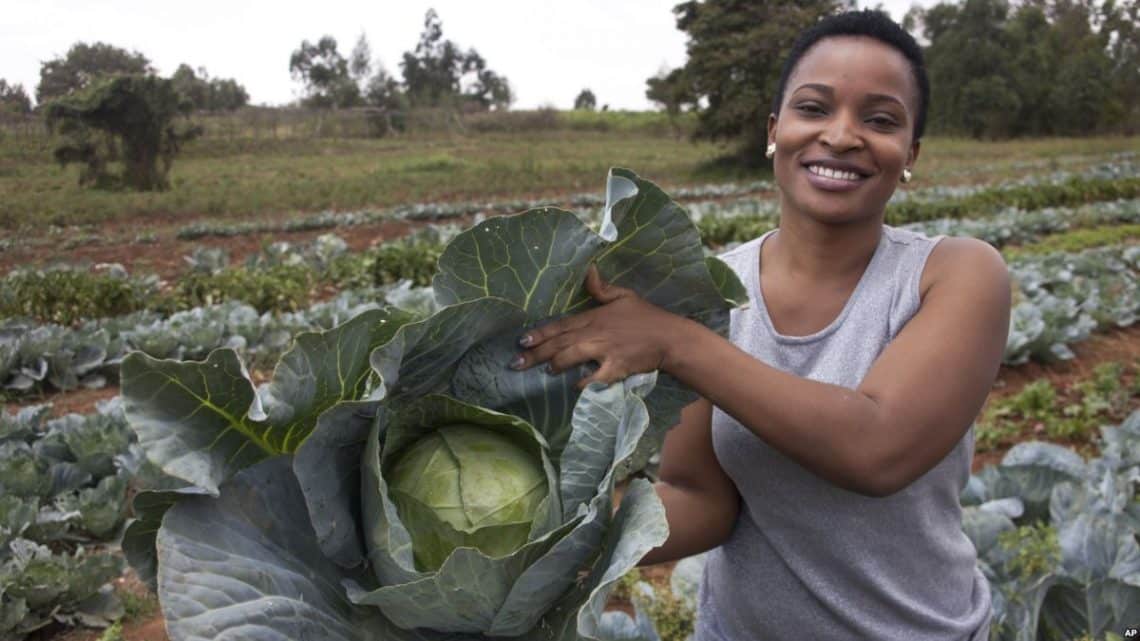|
Getting your Trinity Audio player ready...
|
Young Africans’ career aspirations have little in common with current and projected labour demand in the region, which complicates their transition from school to work, according to Youth Aspirations and the Reality of Jobs in Africa.
Evidence from ten countries – Benin, Republic of Congo, Egypt, Liberia, Madagascar, Malawi, Tanzania, Togo, Uganda & Zambia- shows that what African youth value most is job security, hence their preference for work in the public sector. More than 80% of the surveyed students also aspire to work in high-skilled occupations, although most of them do not have adequate levels of education. Very few want to work in intermediate-skilled occupations such as clerical support, services, sales or crafts. Agriculture-related work or medium-skilled jobs in manufacturing are the least attractive for young Africans. Sixty-five per cent of young people currently in a job would like to find a new one, mainly for better pay and more job security.
The report warns that long-term unmet career satisfaction can lead to social unrest, as witnessed during the Arab Spring in 2011. With 375 million youth in Sub-Saharan Africa expected to be in the labour force by 2030, matching young people’s career ambitions and aspects of job satisfaction with the reality of labour markets, will play an essential role for both youth well-being and social cohesion.
Two types of policies can help address the misalignment between job preferences among youth and employment opportunities: those that help young people shape realistic career aspirations; and those that support the creation of better quality jobs, taking into account the conditions that matter for young people.
The report recommends looking at the dynamic domestic demand across Africa for diversified, nutritious, processed food as the main opportunity: in many African countries, the best decent job prospects for young people are in farm and off-farm agricultural activities. Agriculture is the main employment provider for youth in most countries, and will remain so for some time. However, low productivity, difficult working conditions and low pay are off-putting to young entrants to the labour market. Substantially increasing investment in and improving incentives for the development of food processing and food services could therefore create more and higher-quality medium-skilled occupations. It would also strengthen local food systems, benefiting both consumers and producers.
Rapid urbanisation combined with a rising middle class is increasing domestic demand for diversified processed food in Africa. This growing demand is currently being met by food imports, estimated at US$35 billion annually. Much of the imported food could be produced and processed locally or traded regionally through better integration. Building efficient local and regional food systems with positive spillovers on employment and the environment require large investments in agriculture research, skills, rural infrastructure and food production, as well as distribution structures. Beyond agriculture, the debate must urgently shift towards sustainable local food systems to create more and better jobs for youth in Africa.
These topics will be at the heart of the next United Nations Food Systems Summit to be held in New York in September 2021.






